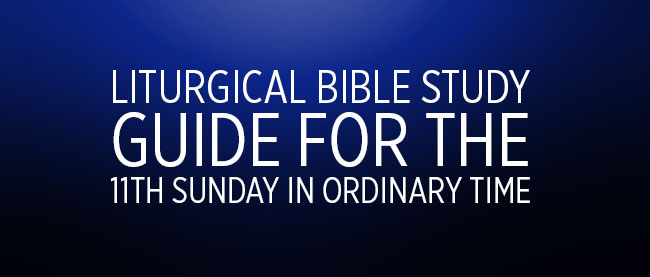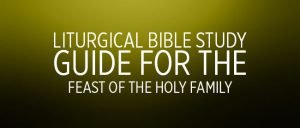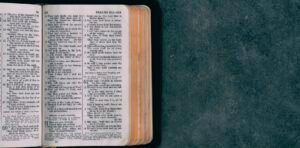1st Reading – Ezekiel 17:22-24
In the history of Judah there were three deportations to Babylon: in 605, eight years later in 597, and again eleven years later in 586. All three deportations were carried out by Nebuchadnezzar, king of Babylon. The first deportation took place while Jerusalem was under siege and included the young prophet Daniel. During another siege of Jerusalem, King Jehoiachin and about ten thousand men, especially soldiers and metal workers were deported in what became known as the second deportation; Ezekiel was among the captives. When Jerusalem fell in 586, all the people of Judah, except the poorest of the land and those who had escaped to neighboring countries, were carried away.
Ezekiel, whose name means “God strengthens,” was of priestly stock, probably a member of the house of Sadoc, and himself a priest. He was married, but does not seem to have had any children. In Babylon he lived in his own house, the exiles of this period having been allowed to take their families and the moveable possessions with them. The exiles, although comfortable, were painfully aware that they were captives. They were cut off from the Temple. They felt that their ancestors had offended Yahweh but that His anger would soon be appeased and then they would return to their own land.
Ezekiel received his prophetic calling in 593 (four years after his deportation) and his first duty was to convince his fellow exiles that their expectation of an early return was in vain; as was their faith in the inviolability of the Temple. Yahweh had decreed the destruction of Jerusalem and the Temple and the dispersion of the people of Judah. A fact which came to pass seven years later. The fall of Jerusalem demonstrated the truth of Ezekiel’s prophetic mission; now Ezekiel had to drive home the all-important truth that the people were not suffering for the sins of their forefathers, but for their own sinfulness. If a man truly repents, he will be saved.
With the Temple destroyed, the people were crushed and humiliated, they were on the verge of despair. Ezekiel offered words of comfort and hope. It is of this hope that we hear today as the sacred author uses a literary tool known as an A-B-A sandwich; a device which uses two allegories (an allegory is a literary composition in which each detail signifies some reality) to bracket the interpretation. In this case, Chapter 17 is the entire sandwich with verses 1 through 10 (the allegory of two eagles) forming one side, verses 11 through 21 being the interpretation, and our reading (verses 22 through 24) being the second allegory. To better understand the reading, we will read through the entire A-B-A sandwich.
2nd Reading – 2 Corinthians 5:6-10
Saint Paul now continues our reading from last week by teaching about our heavenly dwelling which is our ultimate destination and how we are to work to achieve it.
Gospel – Mark 4:26-34
According to Mark’s gospel, Jesus began teaching in parables shortly after appointing the twelve. A parable is a wise saying or short fictitious story used by Jesus to set forth His teaching. Parables may contain allegorical elements. Today we hear the parables of the growing seed and of the mustard seed.





